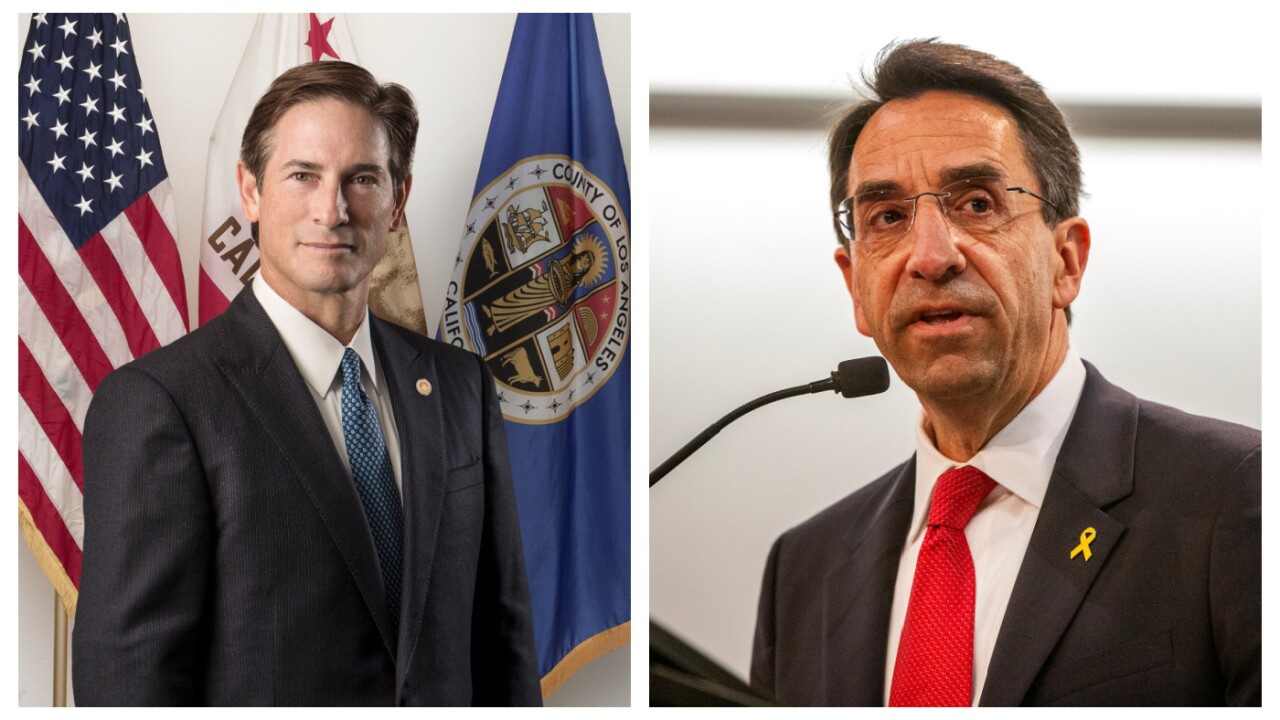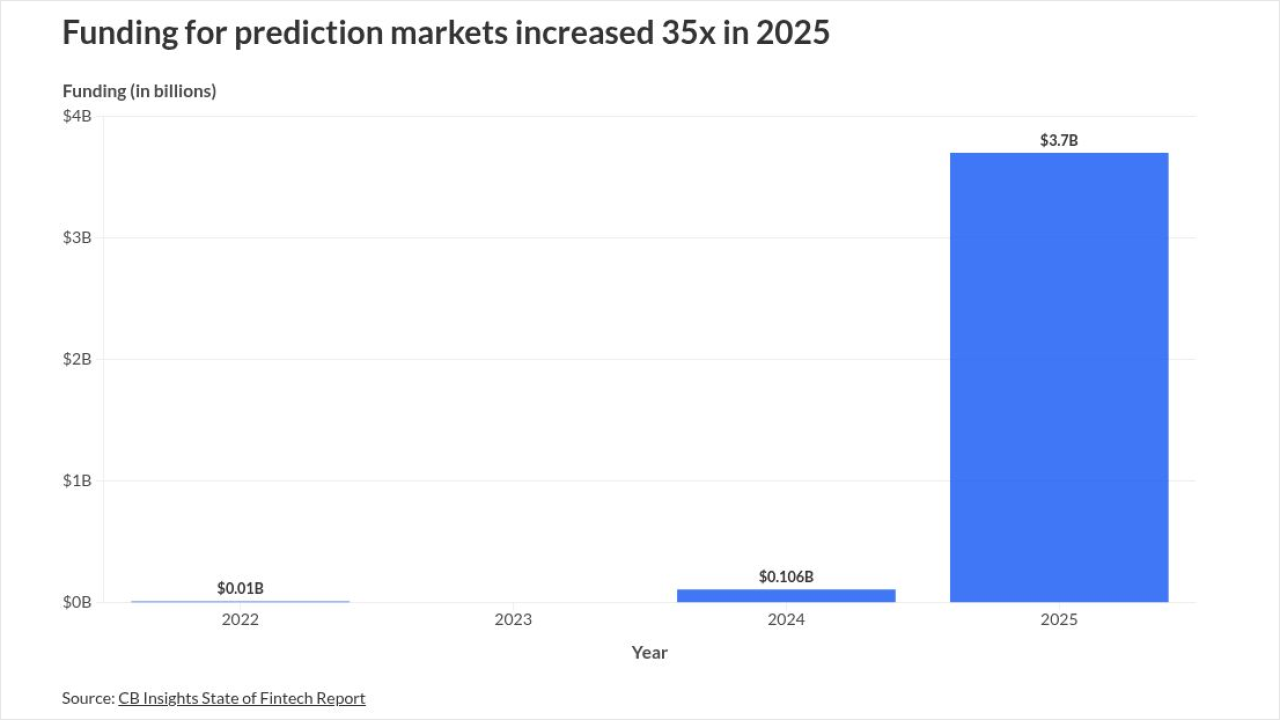WASHINGTON — Lawmakers are scrambling to complete two major banking bills — credit card reform and a housing and liquidity bill — before adjourning for the Memorial Day recess at the end of the week.
The banking industry is overwhelmingly backing one measure, which would raise the Federal Deposit Insurance Corp.'s borrowing authority to $100 billion and help the agency reduce a planned steep premium hike for the entire banking industry.
It is continuing to oppose the other measure, which would curb several common card practices and go beyond regulatory restrictions set to go into effect next year.
For different reasons, there are incentives driving both bills to reach President Obama for his signature this week. Obama has ratcheted up pressure on Congress to enact card reform by Memorial Day, and the FDIC is scheduled to meet Friday to set premiums for the rest of the year.
Both bills appear on track to meet their deadlines, but it is relatively easy in Washington to knock something off course. The card bill has already been delayed by a measure attached to it that would let national park visitors carry concealed weapons.
"Our expectation is that they are going to get it done," said Jaret Seiberg, an analyst with Washington Research Group, a division of Concept Capital. "You can always count on Capitol Hill for uncertainty, and that's true this week. There are a lot of provisions that could get added to the credit card bill that could make this a lot worse. Who would have expected a handgun amendment? That clearly wasn't on anyone's radar screen."
Though there is plenty of momentum, both bills are far from complete, since each may still need to clear both chambers to reach enactment.
It is unclear whether the House will make some changes to the housing and liquidity bill, requiring it to be sent back to the Senate for approval.
The bill would more than triple the FDIC's permanent borrowing authority, to $100 billion, allow an additional $500 billion emergency line of credit, extend the expiring increased deposit insurance coverage of $250,000 through 2013, allow for special assessments of bank holding companies under the systemic risk exception and draw out time to build back the Deposit Insurance Fund to eight years from five.
"It is critical that it pass this week, because the FDIC is scheduled to take up the special assessment on Friday afternoon," said Karen Thomas, an executive vice president for government relations for the Independent Community Bankers of America.
The special assessment would be charged on second-quarter domestic deposits, but it would not be collected until the third quarter.
The FDIC bill also includes housing provisions intended to reduce foreclosures. It would provide servicers with a safe harbor from investor lawsuits when modifying or refinancing troubled mortgages, and it would improve the Hope for Homeowners Program.
Bankers are gunning for assurances that they will receive premium relief, but the White House and congressional Democrats hope to be in a position to trumpet success in protecting consumers from abusive card practices during the recess.
To enact card reform, the Senate needs to finish debate, pass the bill, figure out how to handle the gun amendment added by Sen. Tom Coburn, R-Okla., and have the House approve it before it can go to the president.
Staff members for Senate Banking Committee Chairman Chris Dodd, D-Conn., and Sen. Richard Shelby of Alabama, the panel's No. 1 Republican, were figuring out which amendments to incorporate into a manager's amendment Monday.
None were expected to significantly alter the bulk of the bill, which would make it much tougher for issuers to raise rates and fees and would ban a slew of practices like retroactive rate increases and double-cycle billing.
One of the most controversial pending amendments offered by Sen. Dick Durbin, D-Ill., which would affect interchange fee profits by encouraging merchants to offer discounts for cash, debit and check purchases, was expected to be reduced to a study.





